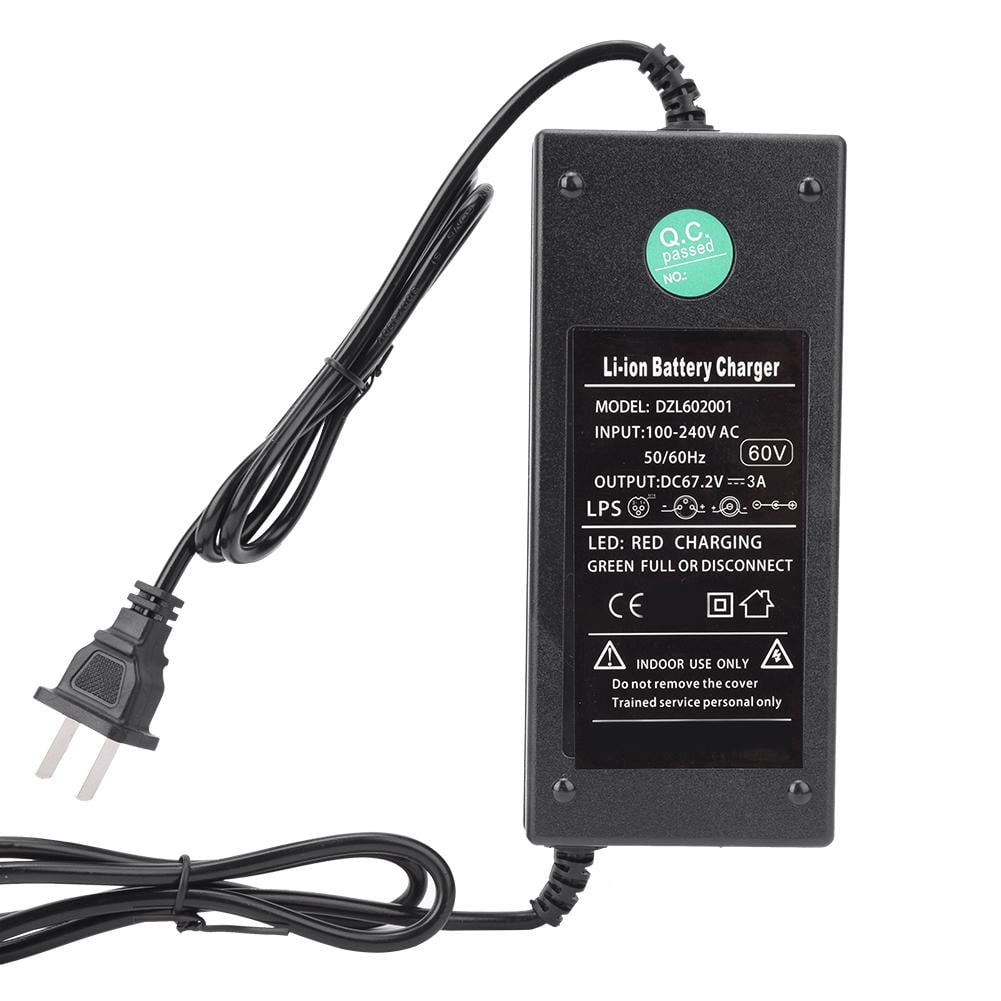
It proofs that using lithium battery products becomes a more popular demand. The wireless communication technology that sends data in real time over long distance has allowed EP to develop remote diagnostic technologies for one-stop after-sales services.ĮP LiST trucks are widely used in various industries, such as transportation and logistics, retail sector, general manufacturing, construction, food, and beverage industry.
HOW DO I CONNECT LIGHTWRIGHT 6 TO ION BLUETOOTH
Bluetooth service streams fault information and sync diagnostics data from a truck to operator’s mobile phone. Telematics can be used to monitor hours used and miles driven in real time.
HOW DO I CONNECT LIGHTWRIGHT 6 TO ION SERIES
The series delivers savings in weight and space, a superior cycle life and charges a lot quicker.Ĭombining all the benefits of lithium technology with an intelligent BMS, the LiST series showcases two major smart applications: telematics and Bluetooth services. In 2019, EP advertised the slogan “LiST” featuring EP’s new array of lithium-integrated smart trucks. This expertise has been applied for EP trucks and after-sales services to establish a cohesive product support system for valued customers for work productivity and truck efficiency optimization. With years of experience and achievements in research and development, EP has been dedicated to developing its lithium battery technology. EP Lithium-ion batteries are produced in our own factory and equipped with our own in-house developed BMS to ensure the reliability of the batteries and safety operation. And the BMS does more: Charging is optimized and charging and discharging cycles are stored in its memory.

The BMS also prevents the battery from overheating during usage, as the lifetime of a li-ion battery strongly depends on its operating conditions. The BMS kicks in when the temperature is out of range. The BMS communicates with the battery, with the truck and with the charger and continuously monitors the temperature. A good charger is not enough to prevent this. Lithium-ion batteries are notorious for bursting into flames when overheating, mostly while charging. By data-collecting, calculating and controlling the charge and discharge process of voltage, current, temperature and state-of-charge, BMS secures the battery longevity and improves battery performance. Battery management systems (BMS) play a crucial role to protect the battery against short circuit, reverse polarity, over and under voltage, and over current in the reliability of systems utilizing lithium-ion batteries. Safety of lithium-based batteries has attracted much media and legal attention.



While lead-acid batteries need special maintenance, Lithium batteries don’t require active maintenance to extend their service life. With the development of new trucks, this obstacle can be eliminated, and all categories of material handling products can be powered by Li-Ion technology in the near future, according to EP Equipment studies. Larger equipment has been available with Li-Ion options for several years already, but at the same time it was always extremely expensive and payed of mainly in heavy duty, 3 shift application. Since then, entry level pallet trucks are mainly produced with Li-Ion batteries, though the technology used can differ quite significantly, leading to different characteristics and safety standards. In the material handling market, Li-Ion batteries became popular mainly with entry level pallet trucks due to the introduction of the EPT 12EZ from EP Equipment in 2016. Lithium-ion batteries have been widely adopted in the production of electric vehicles. As the future of energy storage solution, Lithium-ion battery technology, provides sustainable changes in transforming our way to store and consuming energy. The alarming energy crisis and the shift in world climate is a clear indicator of the urgency of switching to cleaner energy sources at every level.


 0 kommentar(er)
0 kommentar(er)
